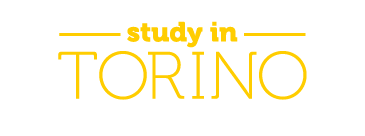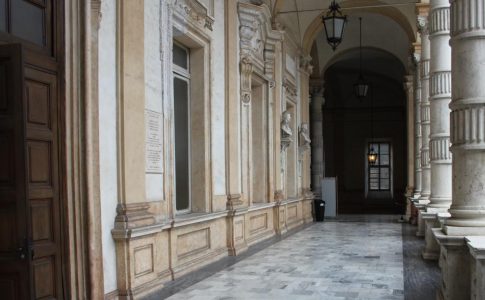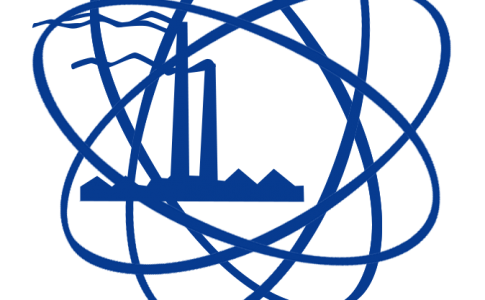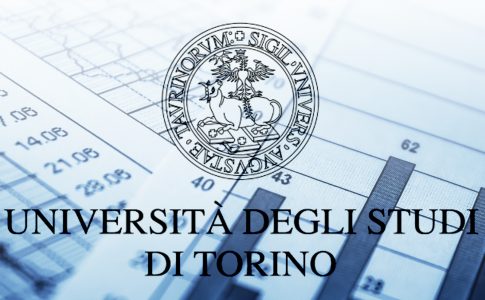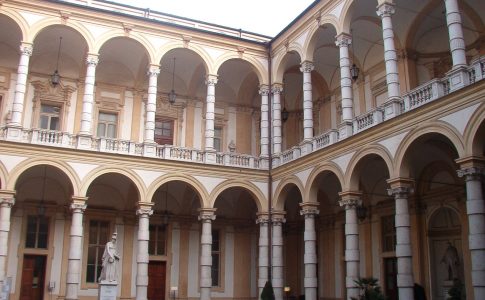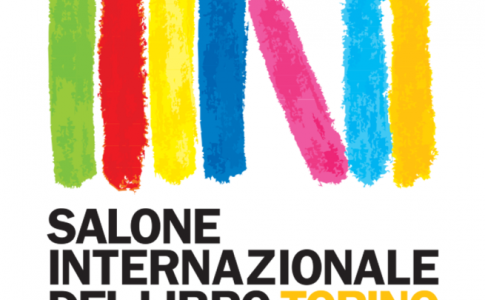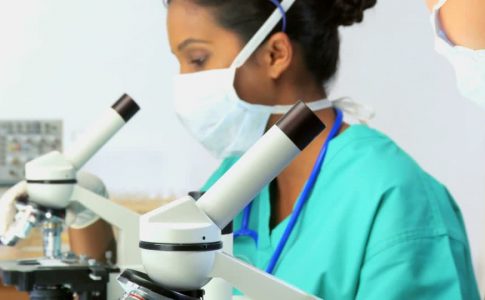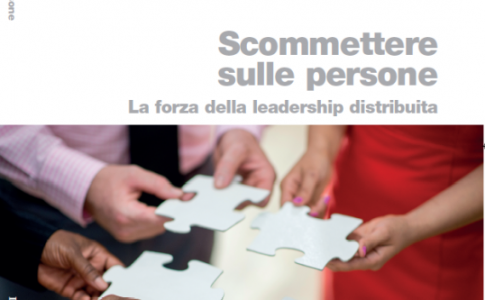MIUR (Ministero dell’Istruzione, dell’Università e della Ricerca), the Ministry of Education, Universities and Research, has issued the ranking list of the Italian University Departments that will have access to the Financing Fund for the Top Quality Departments, based on the results obtained from the VQR 2011-2014 (Evaluation of Research Quality).
In the list of the 350 Italian Departments selected by the Ministry for the allocation of 271 million euros per year provided for by the 2017 Budget Law, there are 23 Departments of the University of Turin out of 27, that account for the 85% of the total, among which 13 have the highest evaluation score of 100 out of 100.
The five-year funding (2018-2022) aims to boost the work of the University Departments that stand out thanks to their top quality research, scientific projects and organisation of teaching.
The 350 Departments can present their departmental or development project to have access to the Fund, and the 180 best Departments will receive funding, with a maximum of 15 applications for each University.
A commission in charge of the evaluation, established with a decree by MIUR, will evaluate the applications submitted and will give a score: 70% of it will be based on the evaluation score and 30% of it will be based on the departmental or development project presented. The total amount of the five-year funding (2018-2022) will be about 7 million euros for each Department, which makes 1.350 million euros per year.
Gianmaria Ajani, the dean of the University of Turin, says that: “It’s thanks to the excellent work of our researchers in the Departments that our University is so successful. The University of Turin strengthens the positive trend of the great results obtained from the VQR (Evaluation of Research Quality) issued in February by ANVUR (National Agency for the Evaluation of the University and Research Systems), and proves to be one of best Italian Universities. In fact, the Universities of Turin, Padova and Bologna are the only Italian Universities to appear in the ranking list with more than 20 Departments”.
